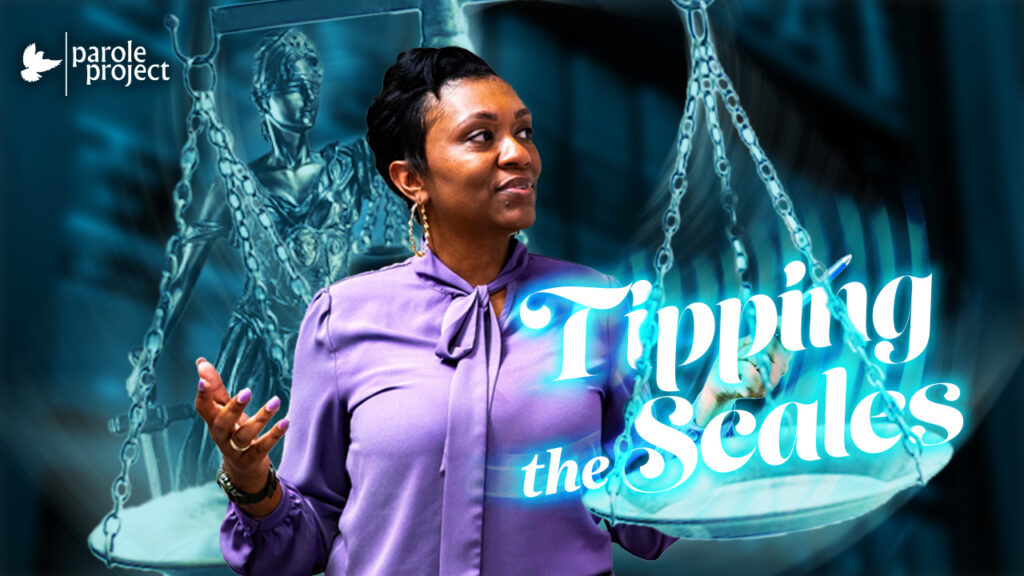Parole Project Staff Attorney Adreaynne Hutchison has always viewed herself as a non-traditional lawyer. She also believes it is her greatest strength. Most lawyers do not start their career in retail management. Most retail managers don’t leave their career after a decade of success to go to law school. Adreaynne has forged her own path through her passion for advocacy and her second career has impacted the lives of our clients.
Adreaynne’s path took her first to Southern University at New Orleans to complete her bachelor’s degree in public administration. There, she drew the attention of her political science professor who urged her to consider law school. At first, Adreaynne was opposed to the idea. “I didn’t originally sign up for those extra years of school and didn’t have a desire for legal work,” she said. But a meeting with a pre-law advisor opened her mind.
This led her to LSU’s Paul M. Hebert Law Center where she became involved in the Parole and Reentry Clinic led by Professor Robert Lancaster, who is also the president of Parole Project’s Board of Directors. “I loved that clinic. I lived in that clinic,” Adreaynne said with emphasis. “I would greet professors as they came in to work in the morning and stay late just to do as much work as I could. I would even watch live hearings online in between classes to understand the Parole Board and their process as best as possible.”
As a clinic student Adreaynne was tasked with compiling relevant materials, constructing a brief, and representing her client at his parole hearing. Her client was a 10/6 lifer – meaning 50-plus years ago he had been promised parole eligibility after 10 and a half years, but was still incarcerated after law changes stripped him of this opportunity. Adreaynne’s case was that semester’s guinea pig – the first hearing among her other classmates – and she leaned into the pressure to win her client’s release.
While the hearing is typically the conclusion of a clinic student’s participation, Adreaynne realized she was not satisfied with limiting her impact to one client and she continued to volunteer her talents through graduation.
Adreaynne got her dream job when she joined the Parole Project staff in July of this year. “I don’t think I ever had a dream job in mind until I started working here,” she said. “I was so excited that I get to continue to help others. It always felt like I was going to see my friends and I still feel that way.”
While she knew there would be both wins and losses representing clients, she has continued to find her own wins in the process and the hope she provides. “Professor Lancaster taught me to find my win in the work,” she said, “He told me that if I gave my all to the preparation and put the best effort I could into it, I should be proud of that no matter what the outcome is.”
While this advice has guided her, Adreaynne said she has found greater “wins” in her interactions with her clients. “Earning their trust and faith is the biggest win in any case,” she said. “Their win was literally just me being there … having the support, knowing that somebody cared, someone who talked to them and was truly fighting for them.”
Describing her conversations with clients as informative for both sides, Adreaynne says some don’t realize how important their community service and volunteer activities can be in demonstrating their maturation. “I try to understand why they felt compelled to join a club or volunteer, so they can see how it’s helped them grow into a better person,” she said. “I ask them ‘Why is that important to you? Why are you so passionate about it? What do you get from doing the work? What do you get to give to others?’ That helps show how they have gained rehabilitative opportunities outside of institutional programming and education and changed lives for the better.”
Adreaynne sees each client as a stepping stone along the path to the larger-scale change her work supports. “I would love to see our numbers be used as part of a case study to show that longer sentences don’t necessarily make us safer,” she said, “but that a person doesn’t have to spend their whole life in prison after they have demonstrated rehabilitation – sometimes decades before they had a chance at release.”
Regardless of the outcome Adreaynne stays committed to the work. Quoting former New Orleans Saints Head Coach Sean Payton, she said “I recite to myself, ‘you’ve got 24 hours to deal with whatever that emotion is in that moment, and then it’s back to work.’ It’s tough when a client doesn’t make it out and it’s joyous when they are granted parole.”
Pausing to reflect on her past clients, she looked up from a stack of files related to a current case. With her eyes scanning through documents, she continued, “but either way there’s another case to work on after this one is finished. There’s another life to impact.”




